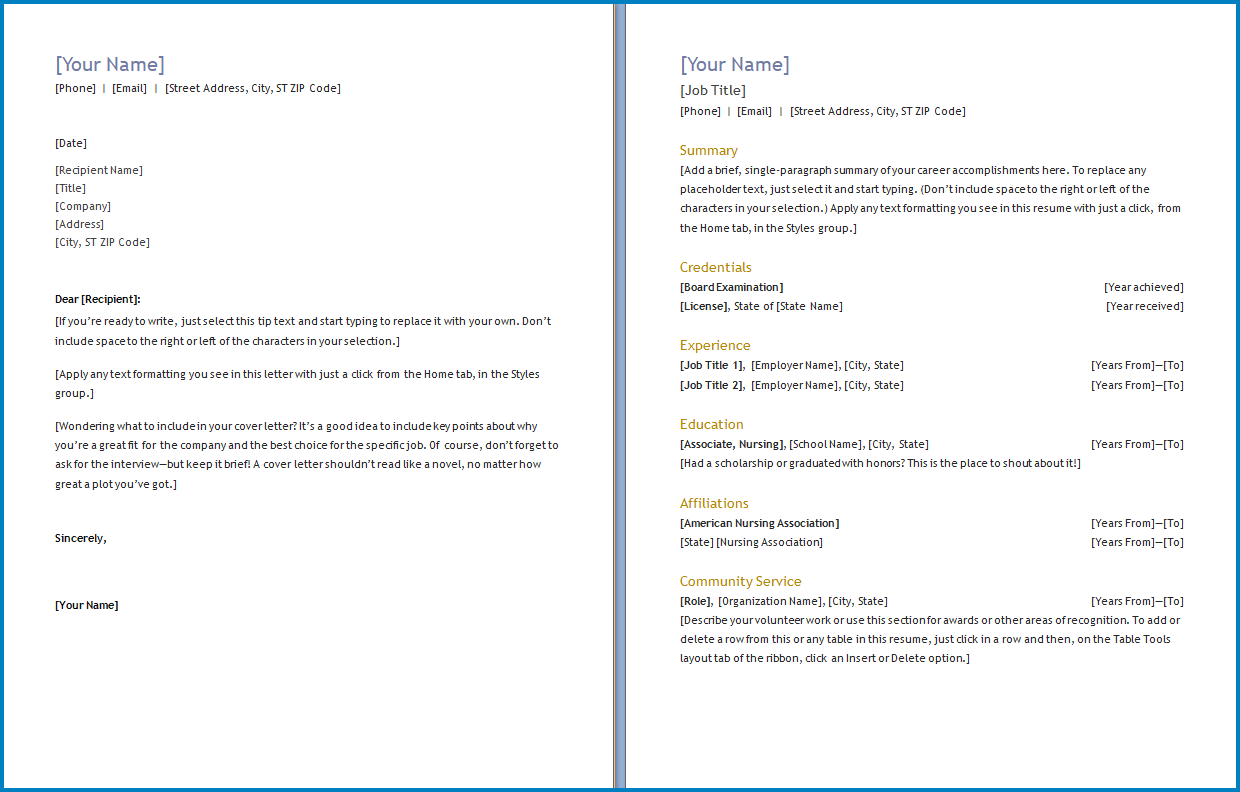
Are you looking for your dream job and want to stand out from the competition? One of the key ways to make a great first impression on a potential employer is by crafting a strong cover letter.
A cover letter allows you to introduce yourself, explain why you are interested in the specific job and company, and highlight your most relevant skills and experiences to persuade the hiring manager to grant you an interview.
In essence, a cover letter complements your resume by providing a personalized, detailed account of your professional background, demonstrating your written communication skills, and showcasing your enthusiasm and unique fit for the role.
What is a Cover Letter for a Job Application?
A cover letter is a document that you send along with your resume when applying for a job. It serves as a way to introduce yourself to the potential employer, explain your interest in the specific job and company, and highlight your most relevant skills and experiences.
A well-written cover letter can help you stand out from other applicants and increase your chances of getting called for an interview.
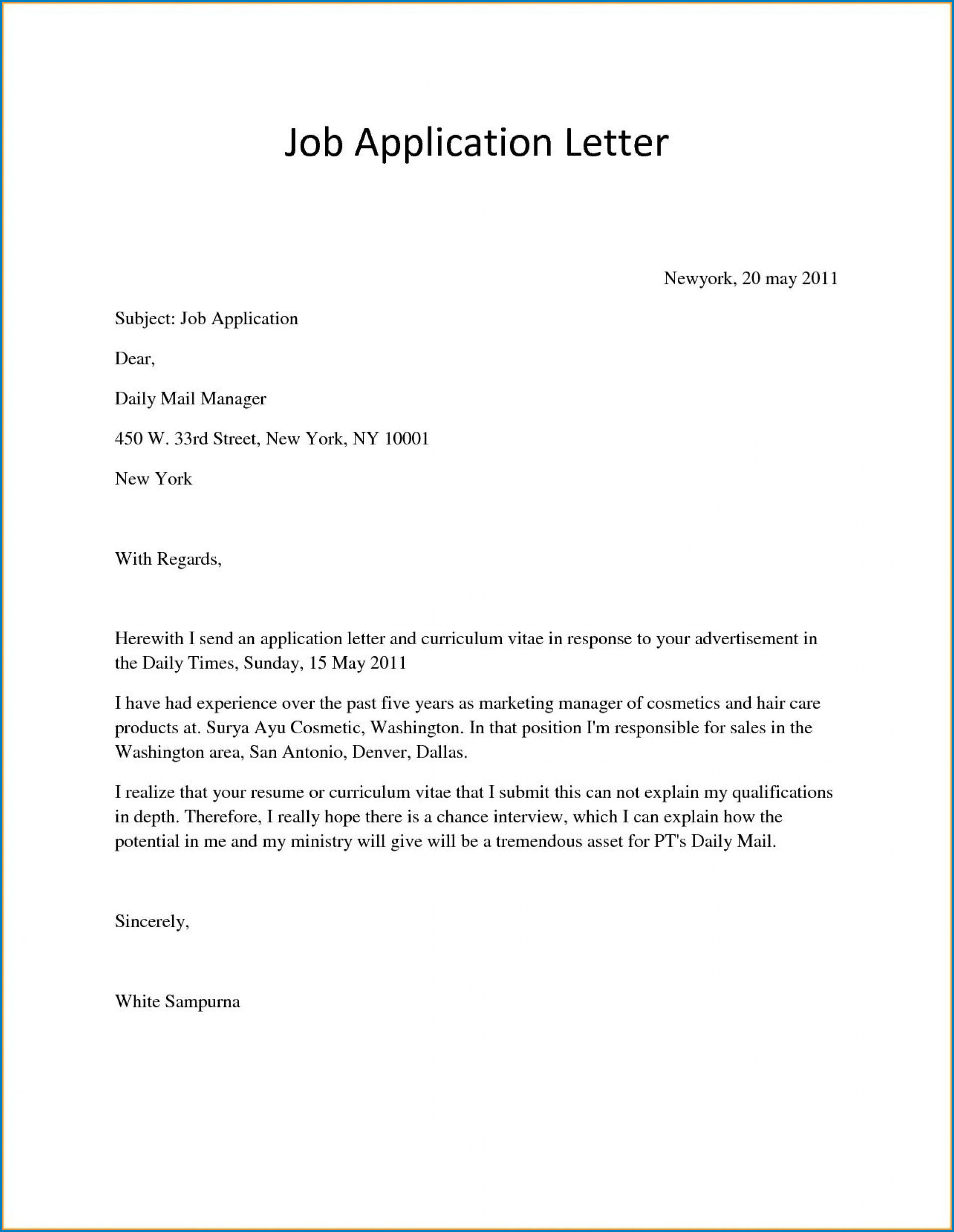
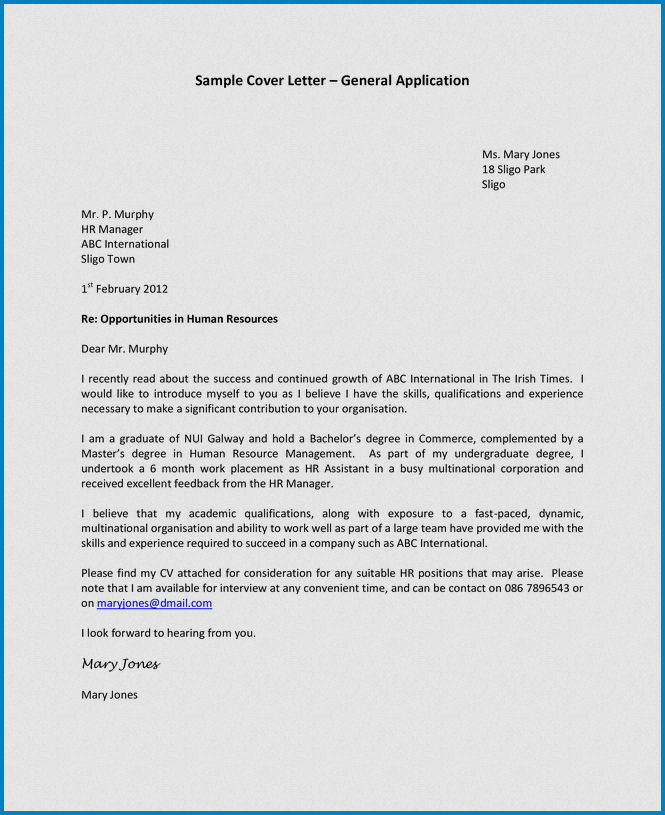
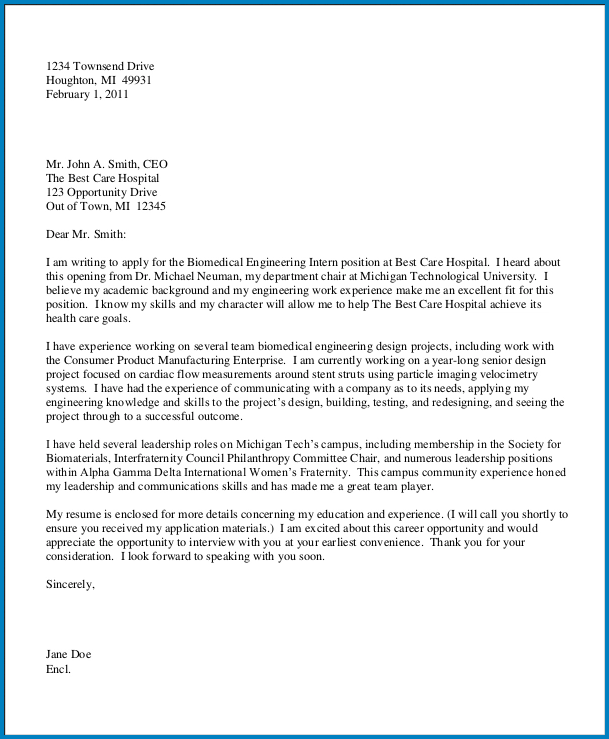
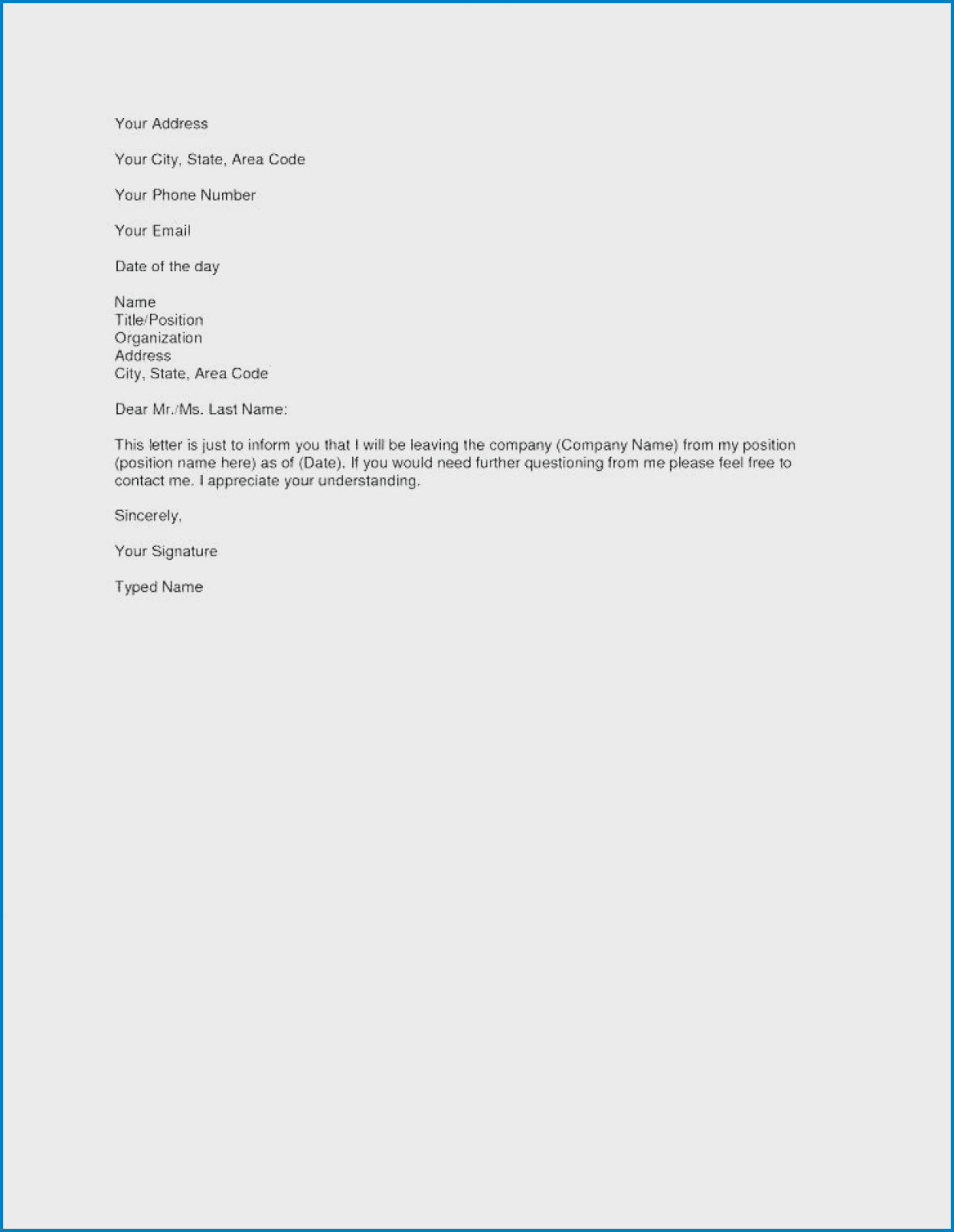
Why is a Cover Letter Important?
A cover letter is important for several reasons.
Professionalism and Attention to Detail
Submitting a cover letter with your job application demonstrates your professionalism and attention to detail. It shows that you are serious about the position and have taken the time to craft a personalized introduction to accompany your resume. This level of effort can leave a positive impression on the hiring manager and set you apart from other applicants who may not include a cover letter.
Personalized Introduction
A cover letter allows you to personalize your application by addressing the hiring manager by name and tailoring your content to the specific job and company. This personalized introduction shows that you have done your research and understand the needs of the organization. It also helps you establish a connection with the reader and demonstrate your genuine interest in the position.
Highlight Relevant Skills and Experiences
One of the key benefits of a cover letter is the opportunity to highlight your most relevant skills and experiences that make you a strong fit for the job. You can use the cover letter to provide examples of your accomplishments, qualifications, and expertise that align with the requirements of the role. This targeted approach can help you make a compelling case for why you are the ideal candidate for the position.
Demonstrate Communication Skills
Writing a cover letter allows you to showcase your written communication skills to the hiring manager. By crafting a well-written, professional letter, you can demonstrate your ability to effectively convey your ideas, communicate your qualifications, and make a persuasive argument for why you should be considered for the job. This demonstration of communication skills is essential in many roles and can help you stand out as a strong candidate.
Showcase Enthusiasm and Fit
A cover letter provides you with a platform to showcase your enthusiasm for the job and company. By expressing your passion for the role, sharing your knowledge of the organization, and highlighting how your skills align with their needs, you can demonstrate that you are a motivated and enthusiastic candidate. This enthusiasm can help you make a positive impression on the hiring manager and increase your chances of securing an interview.
Key Elements of an Effective Cover Letter
When writing a cover letter for a job application, there are several key elements that you should include to make it effective:
Contact Information
Include your contact information at the top of the cover letter, including your name, address, phone number, and email address. This information makes it easy for the hiring manager to reach out to you for an interview or follow-up.
Introduction
Start your cover letter with a strong introduction that grabs the hiring manager’s attention. Clearly state the position you are applying for and briefly introduce yourself and your interest in the job.
Body Paragraphs
The body of your cover letter should be used to explain why you are interested in the job and company, and to highlight your most relevant skills and experiences. Use this section to make a compelling case for why you are the ideal candidate for the position.
Closing
End your cover letter with a strong closing paragraph that reiterates your interest in the job, thanks the hiring manager for considering your application, and expresses your enthusiasm for the opportunity to interview. This final paragraph should leave a positive impression and encourage the reader to contact you for further discussion.
How to Write an Effective Cover Letter
Writing an effective cover letter requires careful planning and attention to detail. Here are some tips to help you craft a compelling cover letter:
Research the Company
Before writing your cover letter, research the company and the job position to tailor your letter to the specific requirements of the role. Familiarize yourself with the company’s values, mission, and culture to demonstrate your understanding and alignment with their organization.
Personalize Your Letter
Address the cover letter to a specific person if possible, rather than using a generic salutation like “To Whom It May Concern.” This personalized touch shows that you have taken the time to find out who will be reading your application and can help you establish a connection with the reader.
Show Enthusiasm
Demonstrate your passion and enthusiasm for the job and company in your cover letter to grab the hiring manager’s attention. Share specific reasons why you are excited about the opportunity and how your skills and experiences align with their needs. This enthusiasm can make your application more compelling and memorable.
Highlight Your Achievements
Showcase your most relevant skills and experiences that make you a strong fit for the job. Provide specific examples of your accomplishments, qualifications, and expertise that demonstrate your ability to succeed in the role. Use concrete details and metrics to support your claims and make your achievements stand out.
Keep it Concise
Aim to keep your cover letter to one page in length and use clear, concise language to convey your message effectively. Avoid rambling or including unnecessary information that may distract from your main points. Focus on highlighting your key qualifications and making a compelling case for why you are the right candidate for the job.
Proofread Carefully
Before sending your cover letter, make sure to proofread it carefully to avoid any typos or grammatical errors. Check for spelling mistakes, punctuation errors, and formatting issues that may detract from the professionalism of your letter. Consider asking a friend or mentor to review your cover letter for feedback before submitting it.
Tips for Writing an Engaging Cover Letter
Here are some additional tips
- Tell a Story: Use your cover letter to tell a compelling story about your professional journey and why you are passionate about the job. Share anecdotes or experiences that highlight your skills and qualifications in a memorable way that resonates with the hiring manager.
- Use Keywords: Incorporate keywords from the job description into your cover letter to show that you are a good match for the role. Tailoring your language to align with the requirements of the job can help your application pass through applicant tracking systems and demonstrate your fit for the position.
- Be Genuine: Be authentic in your writing and let your personality shine through to make a memorable impression. Avoid using overly formal language or clichéd phrases and instead speak in a natural, conversational tone that reflects who you are as a professional.
- Follow Up: After sending your cover letter, follow up with the hiring manager to express your continued interest in the position. Sending a brief, polite email or making a phone call to inquire about the status of your application can demonstrate your enthusiasm and commitment to the opportunity.
Common Mistakes to Avoid in Your Cover Letter
While writing a cover letter, it’s essential to avoid common mistakes that can detract from your professionalism and impact your chances of getting called for an interview. Here are some common mistakes to watch out for when crafting your cover letter:
Using a Generic Template
Avoid using a generic cover letter template that you send out to multiple employers without customization. Each cover letter should be tailored to the specific job and company to demonstrate your interest and qualifications.
Addressing the Letter Incorrectly
Make sure to address your cover letter to the correct person and spell their name correctly. Using a generic salutation like “To Whom It May Concern” can come across as impersonal and lazy.
Repeating Information from Your Resume
Your cover letter should complement your resume, not repeat it. Avoid rehashing the same information that is already included in your resume and instead use the cover letter to provide additional context and examples of your qualifications.
Being Too Generic
Avoid using generic language and clichés in your cover letter. Be specific in highlighting your achievements and qualifications, and tailor your language to the job description to show that you are a good fit for the role.
Exceeding One Page in Length
Keep your cover letter concise and to the point. Aim to fit all relevant information on one page and avoid rambling or including unnecessary details that may detract from your main message.
Not Proofreading Carefully
Before sending your cover letter, make sure to proofread it carefully for any typos, grammatical errors, or formatting issues. A sloppy cover letter with mistakes can leave a negative impression on the hiring manager and undermine your professionalism.
Focusing Too Much on Yourself
While it’s important to highlight your qualifications and experiences, make sure to also focus on how you can add value to the company. Show that you understand their needs and how you can help them achieve their goals.
Not Following Instructions
Pay attention to any specific instructions or requirements provided in the job posting. Failure to follow these instructions, such as submitting a cover letter when one is requested, can result in your application being overlooked.
Copying and Pasting from Templates
Avoid copying and pasting content from cover letter templates or examples you find online. Your cover letter should be original and tailored to your unique qualifications and experiences to make a strong impression on the hiring manager.
Lacking Enthusiasm
Show genuine enthusiasm for the job and company in your cover letter. Express your passion for the role and share why you are excited about the opportunity to work with the organization. A lack of enthusiasm can make your application seem less compelling to the hiring manager.
Conclusion
Writing an effective cover letter is an essential part of the job application process. By customizing your letter to the specific job and company, showcasing your personality and enthusiasm, and avoiding common mistakes, you can increase your chances of standing out to the hiring manager and securing an interview.
Remember to use vibrant language, tell a story that highlights your qualifications, and demonstrate empathy for the company’s needs. With careful planning and attention to detail, you can craft a compelling cover letter that sets you apart from the competition and helps you land your dream job.
Simple Cover Letter Template For Job Application | Word – download